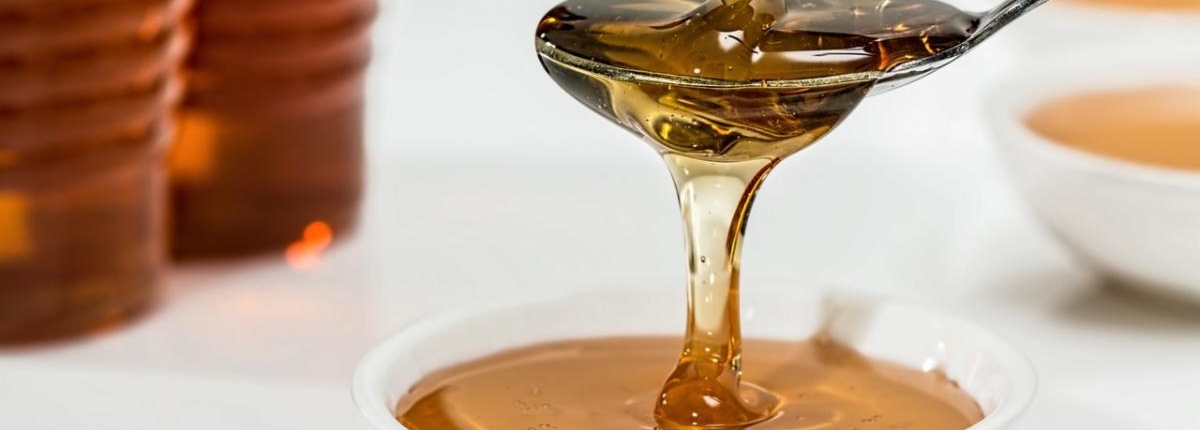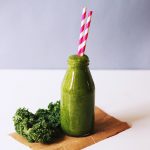Microbiome Support
Along with managing stress, one way you can improve the health of your mucus membranes is by taking probiotics, eating fermented foods such as kimchi or sauerkraut, and getting enough fermentable fibers. Probiotics and fermented foods help populate intestines with good bacteria and fermentable fibers provide the food for good bacteria to continue to grow and flourish. Fermentable fibers are found in food such as sweet potatoes, slightly green bananas, and beans. Take note though, if you start consuming more pre/probiotics and you notice excessive gas and bloating, you could have an overgrowth of bacteria which could benefit from testing and treatment.




